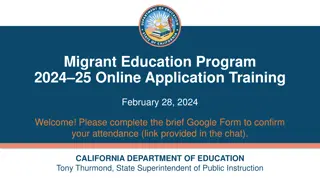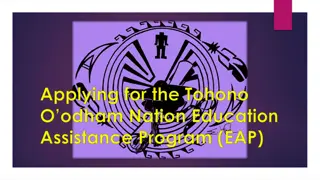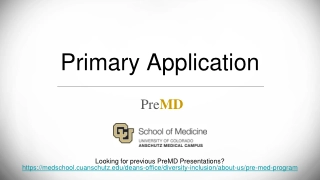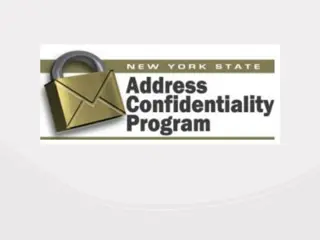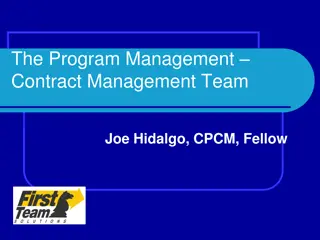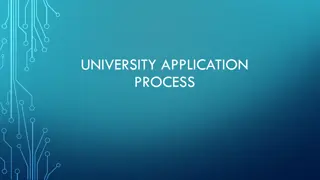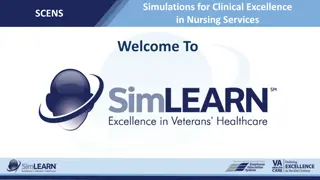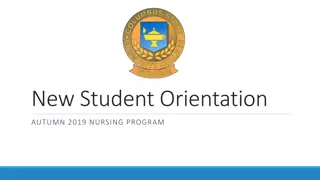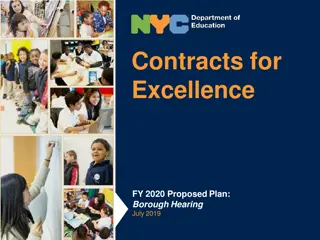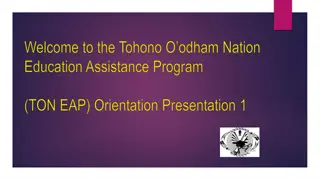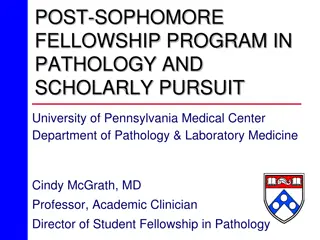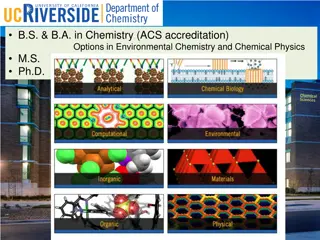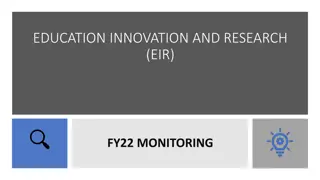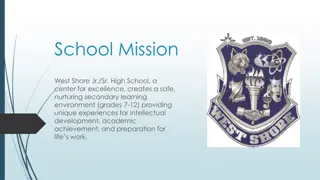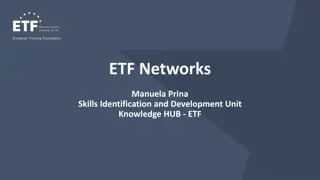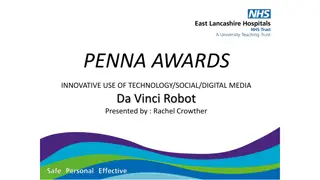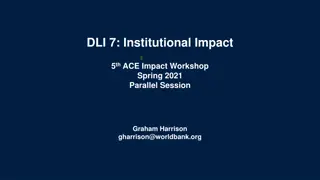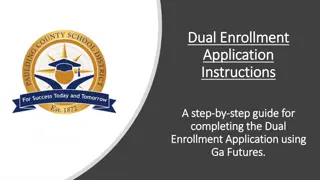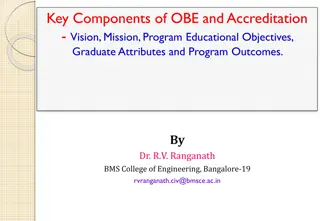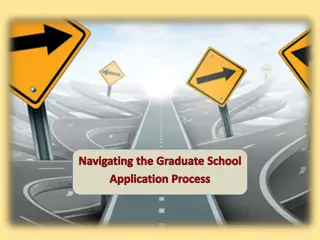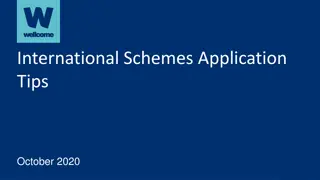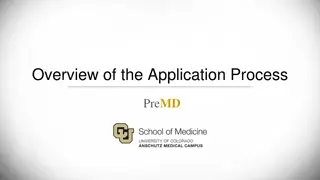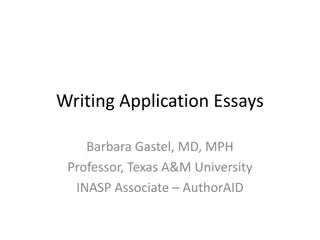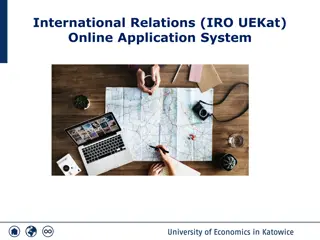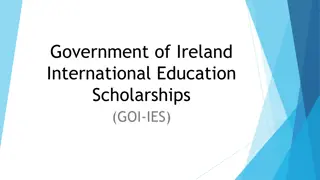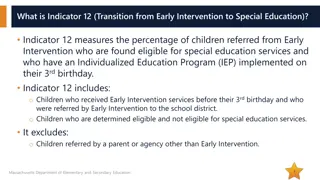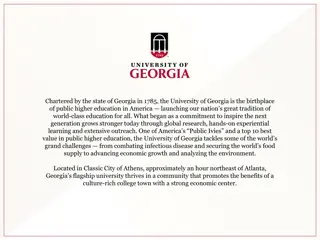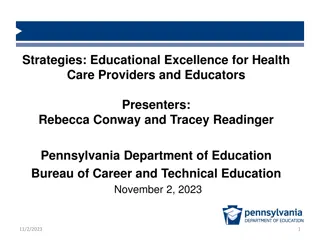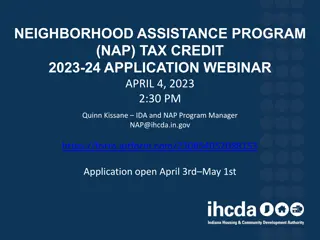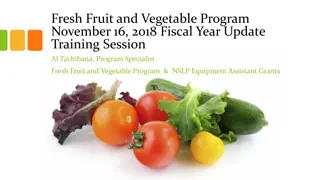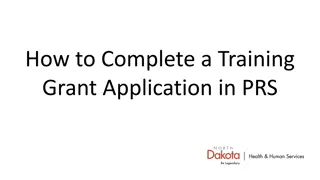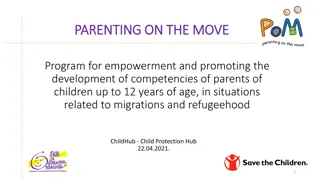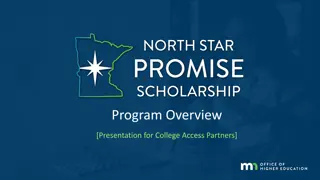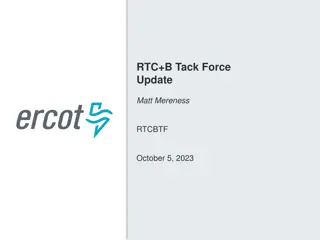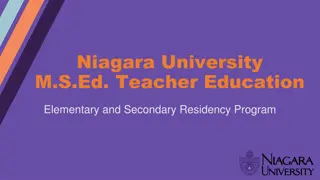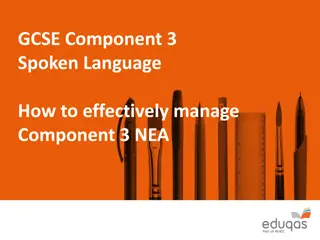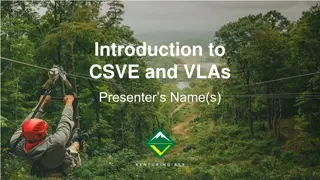Tips for Successful Excellence in Education Program Application
Learn valuable tips and hints for preparing a successful application for the Excellence in Education Program, a grant supporting graduate student research at NMU. Discover eligibility criteria, fundable expenses, and how to assemble your application effectively. Gain insights on the application process and the necessary steps for a successful submission.
Download Presentation

Please find below an Image/Link to download the presentation.
The content on the website is provided AS IS for your information and personal use only. It may not be sold, licensed, or shared on other websites without obtaining consent from the author. Download presentation by click this link. If you encounter any issues during the download, it is possible that the publisher has removed the file from their server.
E N D
Presentation Transcript
Excellence in Education Tips and hints for preparing a successful application Janelle Taylor, Coordinator of Graduate Student and Research Affairs Graduate Studies and Research
Excellence in Education The Excellence in Education Program is a $1500 award established to support graduate student research in the summer. The awards are intended to assist graduate students in the conduct of scholarly research and creative works that will enhance their academic experience and professional growth. Recipients of this grant will also receive a one-credit tuition stipend to enroll in a course directly related to their research during one of the two summer sessions.
Basics - Eligibility You are eligible to apply for this award if You are a graduate student at NMU Have academic good standing Are not using the NMU Dependent Child Tuition Waiver
Basics - Fundable v. Non-fundable You can use this money for... Activities that your department defines as scholarly or creative work Activities that result in a tangible product Funds related to supplies, materials, travel, living expenses, or other activities directly associated with your proposed project Expenses incurred while traveling to scholarly meetings where you re presenting a paper or creative exhibit (but prepare to provide proof that your paper/exhibit has been accepted at the time you re applying) But not for... Activities that you d do as part of your normal job Attending a conference without presenting your work Payment for services rendered to a second party
Assemble your application like this: 1. 2. Excellence in Education cover page*, signed by you, your advisor, and your department head A 4-6 page narrative, double-spaced, in 12-pt. Times New Roman, including a. A statement of the problem, project objectives, significance b. A brief discussion of the Project Rationale and a Literature Review c. The project plan with a timetable with expected outcomes d. Statement of resource availability (supplies, equipment, staff) Budget form* --be clear about how you are spending the money and where your numbers come from. It needs to make sense, but not be overly detailed. Appendices a. Your CV b. Your transcript c. Letter of support from your advisor d. If applicable, copy of Final Report from previous EIEs e. If applicable, documentation of IACUC/IRB application/approval 3. 4.
The Process What the student must do: Behind the scenes: Plan ahead! Get signatures from your faculty advisor* and department head before the deadline! February: After the student submits the signed cover page with their application, department heads will be contacted to evaluate the proposals and rate them as excellent, very good, good, or fair, and departments with more than one student applying must also rank their applicants. Additional comments can be attached in the form of a letter. Submit a complete .pdf electronic application via e-mail to 1) their Department Head and 2) the Office of Graduate Education and Research (graduate@nmu.edu) by the deadline. The application must include a scanned copy of the signed cover sheet and completed budget form. March: The ranked applications are reviewed and awards are determined by the Graduate Programs Committee End of March: Awards will be announced. (Watch your email!) *Your advisor is the faculty member working on this project with you
Cover Letter Electronic Option We can help you get signatures on your cover sheet electronically You must plan ahead if you want to use the signature option! If you would like your cover sheet electronically send out by Grad Studies: Email the cover sheet to graduate@nmu.edu In your email, include your name, and the names, email addresses, and titles of the people who need to sign your cover sheet
Evaluation: Quick Guide 1. The significance of the proposed project and soundness of the methodology. Clarity of presentation and planning of the proposed project. Qualifications of the student investigator. Adherence to format and content requirements. Justification of additional funding for second year applicants. 2. 3. 4. 5.
Scoring Rubric Pay attention to detail! Excellence in Education is set up like a grant - it is practice for grant writing on a bigger scale. Huge grants have been denied as a result of small errors.
Some things to think about Remember: you must propose a project that you are able to do Remember this involves a summer credit Keep the pandemic in mind we don t know what the future holds, but plan for your project to be quarantine-friendly, or at least able to pivot to that if needed Talk to your advisor now about what that summer credit will look like and if they are willing to teach it if you are planning to do a directed study or thesis/capstone credits Make sure the work can be done in the amount of time and with the resources you have If you need to modify your project, you will need to submit the modification to the Graduate Programs Committee for approval (and that is not guaranteed)
Deadline day: By 11:59 p.m., your .pdf application must be submitted via email to graduate@nmu.edu, with your department head copied. Your application should include four main components noted on the Excellence in Education Checklist (see your handout or the Grants and Contracts website under Excellence in Education Research Program Guidelines. ) https://www.nmu.edu/grantsandcontracts/excellence-education- research-program-guidelines
You have options: 1: NMU has a institutional license to Adobe Acrobat. Ask at the HelpDesk and have it installed on your computer. How do I put the documents in one PDF file? 2: The library has resources for creating documents and scanning. Ask for Kevin McDonough. He knows everything. 3: Email/come to the Graduate Office and ask for help. We re always willing to lend a hand, but will not reformat your submission or fix inaccuracies if you submit without asking for help.
Winning isnt everything Winning an award is only the first step in a grant. For the Excellence in Education, you must enroll in 1 credit over summer in a subject that is related to the topic of your project. This is a covered part of your award. At the end of your project you must submit a final report detailing what you did and how the money was spent Get used to reports. All grants require them.
Final Reports NMU s final report asks 6 questions: 1. 2. 3. What was done? (Summarize the project activities.) What were the results? What was produced (publication, presentation, creative work, etc.)? What further research might this lead to? What sources of external grants did you (or might you) seek? Detail the actual budget expenditures. 4. 5. Due October 15 6. https://nmu.edu/spons oredprograms/internal- grant-reporting This is a short version of what bigger grants will ask for. Some grants ask for progress reports as you go through the grant timeframe.
Other Research Funding The Spooner Awards Due in mid November every year $500 three awards available Three Minute Thesis Three minute presentation contest Winners receive prize money Graduate student winner participates in a regional competition with wide exposure Mid February every year
Questions? Contact info: Janelle Taylor Graduate Studies and Research jantaylo@nmu.edu / graduate@nmu.edu (906) 227-1407


